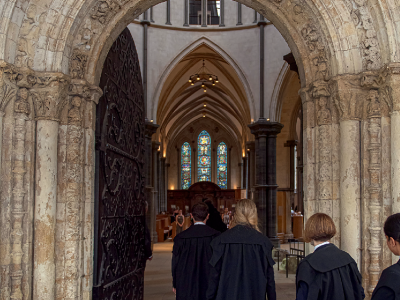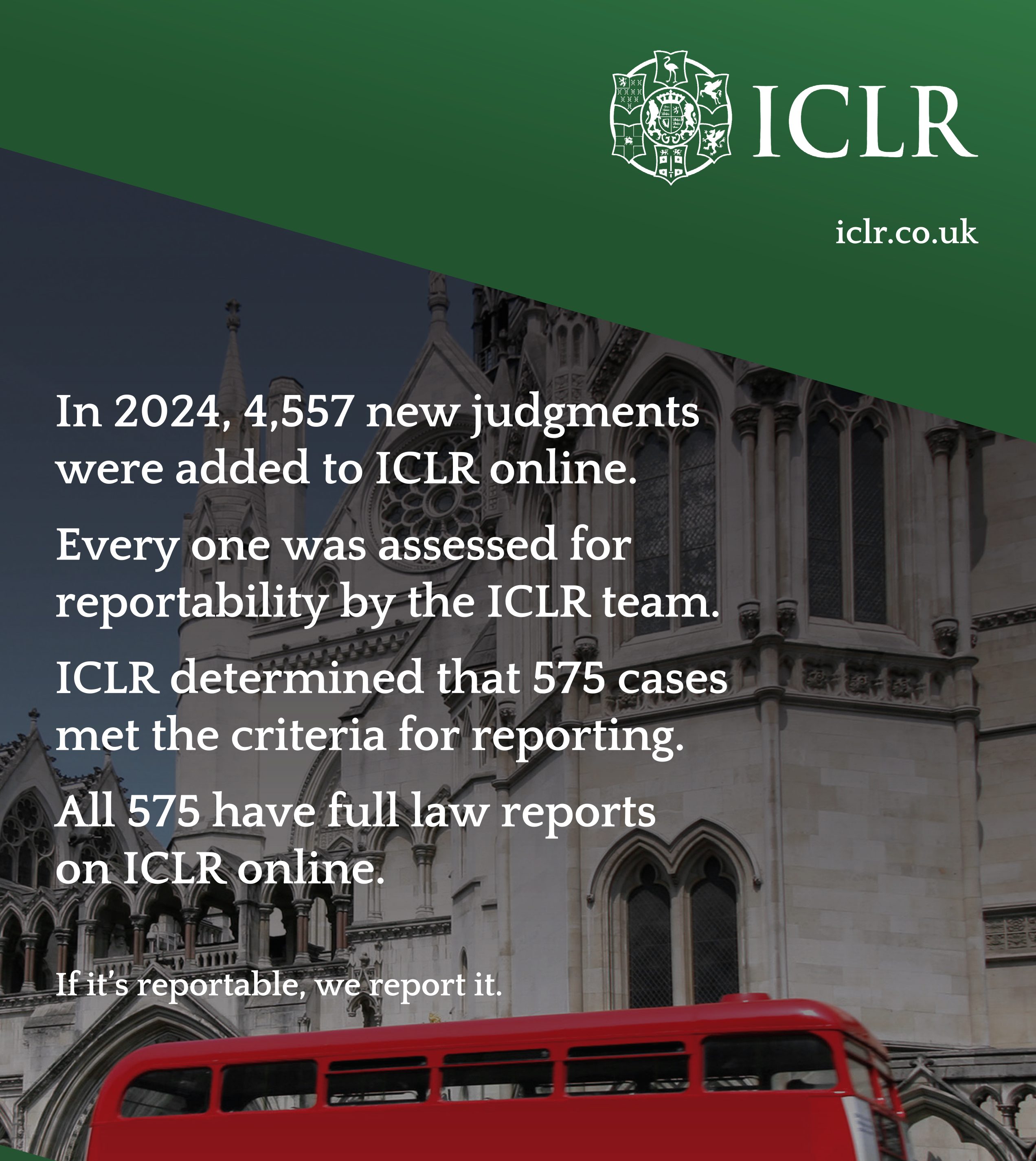
ICLR
If it's reportable, we report it.
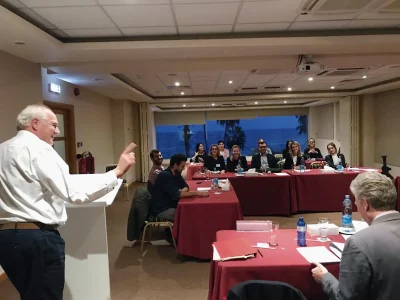
The Inner Temple’s Charter commits the Inn to the education of future barristers. One of the ways it meets this objective is through its renowned advocacy training programme. Whilst the enormous contribution by members of the Inn to this programme is well known, less well known is the contribution of Inner Templars to the international advocacy training programmes of the Inns of Court College of Advocacy (ICCA). In this article, I hope to better inform members of the Inn about our contribution to international advocacy training and (hopefully) encourage more members of the Inn to qualify as advocacy trainers themselves.
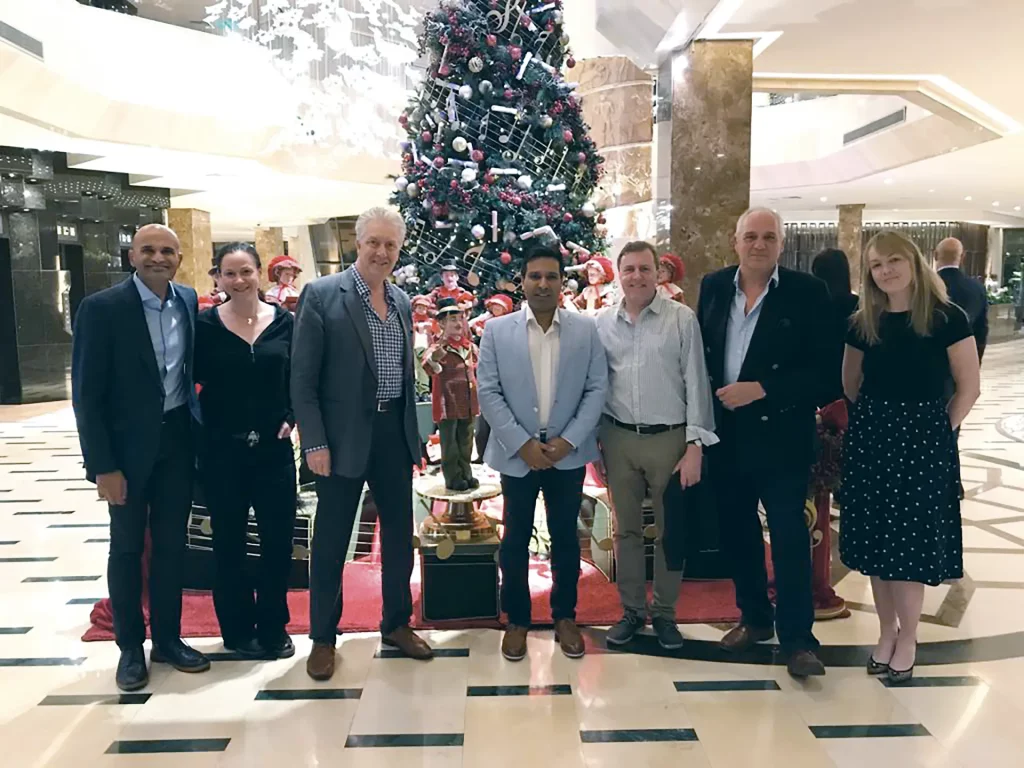
The Inns of Court College of Advocacy is a non-profit organisation established by the four Inns. Whilst it is perhaps better known these days as a Bar course provider, part of its mission statement requires it both to promote the highest standards of advocacy and professional ethics, and to provide high quality training, nationally and internationally. The latter function is discharged by the ICCA’s International Committee (of which I am a member).
Whilst it is perhaps better known these days as a Bar course provider, part of its mission statement requires it both to promote the highest standards of advocacy and professional ethics, and to provide high quality training, nationally and internationally.
An example of a successful international advocacy training programme run by the ICCA has been the advocacy training programme provided to the Cyprus Bar Association. The course convenor was Master Grahame Aldous who produced the training materials that were used throughout the programme. The other trainers from The Inner Temple included myself, Master Thomas Kark, Master Minka Braun, and Master Simon Mallett.

ICLR
If it's reportable, we report it.
Trusted law reporting since 1865
Training was aimed at junior practitioners and was delivered over four days with a two-day course delivered in Limassol and then Nicosia. We understood that there was some resistance within the local Bar to the very idea of advocacy training and part of what we hoped to achieve was to demonstrate to the Cypriot Bar the value of advocacy training but also of the Hampel method of advocacy training.
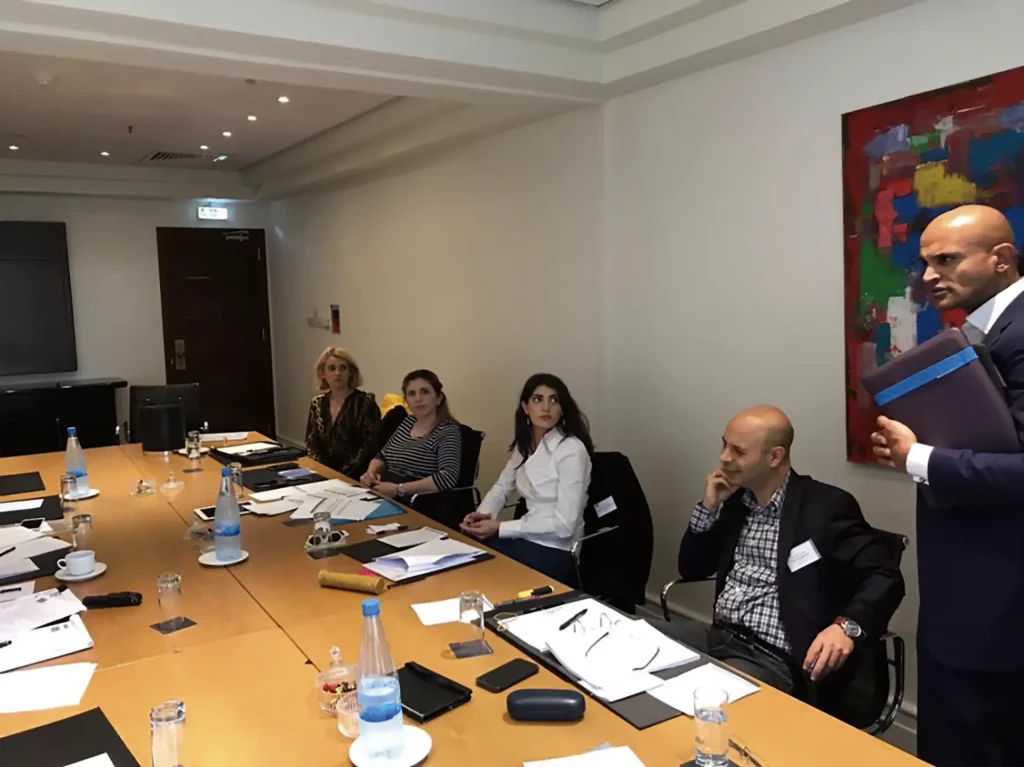
Providing the training proved quite challenging. The Cypriot Bar did not have its own advocacy training programme and there was no formal advocacy training given to local advocates as part of their qualification. Junior advocates learned what worked from watching others in court and through trial and error. Accordingly, there was a great deal of unfamiliarity with the Hampel method compared to those attending the Inn’s equivalent programme – the New Practitioners Programme. Another challenge was the fact that instruction was in English, but this was not the first language of all of the advocates, and some were more proficient in English than others.
The four days were richly rewarding. The Cypriot advocates were generally of a good standard. Watching their advocacy come on in leaps and bounds over each two-day programme was a testament both to their enthusiasm and the effectiveness of the Hampel method. Senior members of the Cypriot Bar attended various sessions and became enthusiastic converts both to advocacy training in general, and to the Hampel method more particularly.
Watching their advocacy come on in leaps and bounds over each two-day programme was a testament both to their enthusiasm and the effectiveness of the Hampel method.
It was very interesting to learn about the Cypriot legal system. Cyprus still uses civil procedural rules modelled on the Supreme Court Rules of the 1950s. Witness statements are not routine. Trials do not get listed for a fixed period. Whilst the landscape of civil litigation there was alien to this post-Woolf lawyer, it was comfortably familiar to Master Aldous. The programme was funded with assistance from the EU, which is keen to support the rule of law in a common law country. As a thank you for our efforts, the Cypriot Bar Association kindly wined and dined the trainers every evening. As a result of these lovely evenings, my suit fitted considerably more snuggly at the end of the week!
What was particularly heartening was seeing how the young female advocates engaged with Master Minka Braun. With few senior women advocates at the Cypriot Bar, they were eager to hear from a successful female advocate about her journey to the Bar, the challenges she faced, and to get advice on career development.
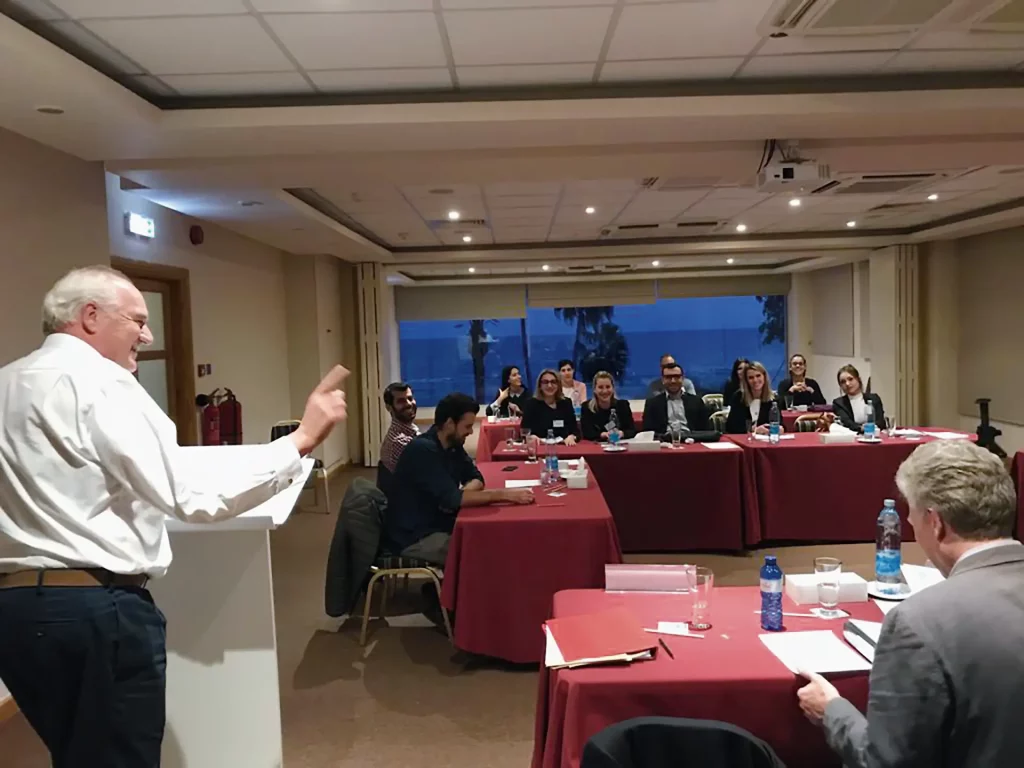
As someone who does not like to leave London save for his summer holidays, I had always been somewhat resistant to travelling beyond the M25. My experiences of teaching advocacy internationally for the ICCA has made me re-evaluate this. Teaching internationally has been richly rewarding and has helped me further hone my skills as an advocacy trainer. This work has also given me a real sense of pride in seeing our Inn at the forefront of this valuable outreach work – helping buttress the rule of law in a sister common law jurisdiction.
To find out more about becoming an advocacy trainer: education@innertemple.org.uk icca.ac.uk/post-qualification-training/cpd/advocacy-training/the-hampel-method
Faisel Sadiq
Master of the Bench
Gatehouse Chambers
